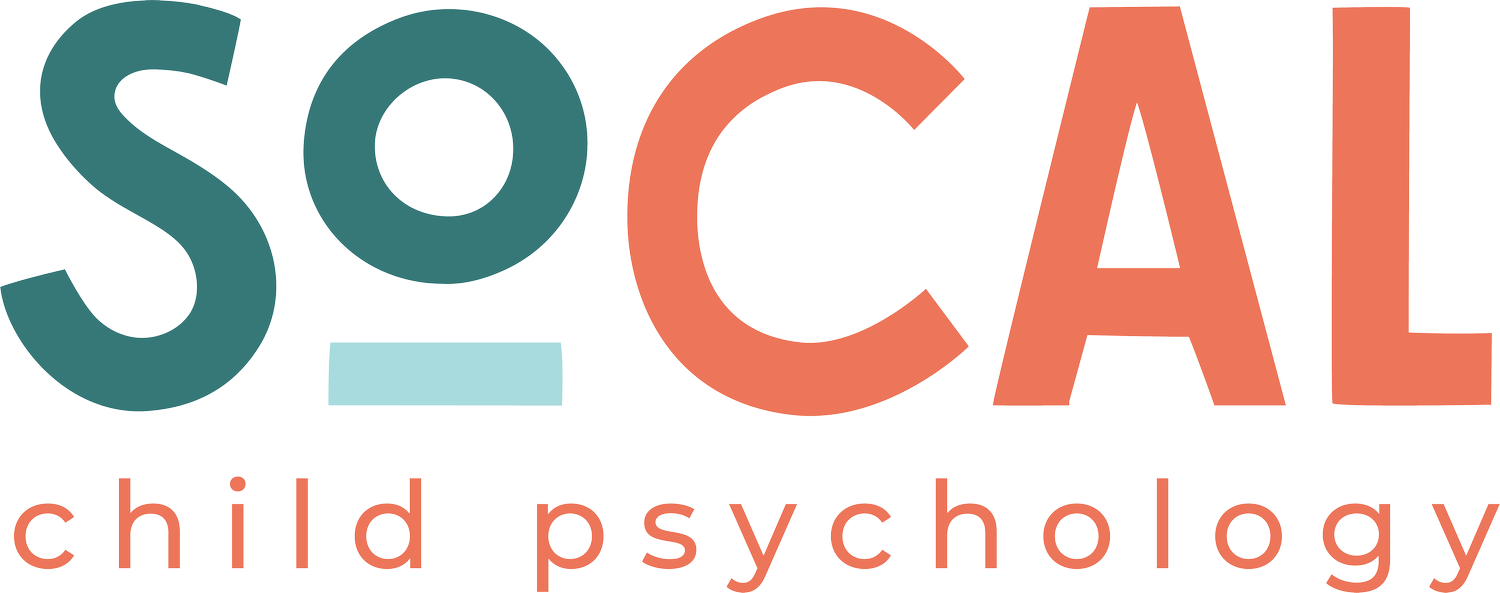What Is A D/O? An Explanation
A D/O is a doctor of osteopathic medicine.
This is a type of medicine that focuses on looking at someone as a whole person, rather than picking apart symptoms.
It allows them to stay connected to friends and family, can help them understand some of the events going on in the world, and can help them combat isolation while promoting creativity and a desire to learn.
If you’ve been looking for a “whole person” approach to medicine, it’s worth it to do your research on osteopathic practices.
Not only can this approach help with everything from pain and injuries, but it also focuses on the body’s ability to self-regulate and heal.
As a result, osteopathic psychotherapy can also be beneficial to your mental health.
Let’s take a closer look at what a D/O does and what to expect from this branch of medicine.
A Patient-Centered Approach
It’s a fairly common practice to go to the doctor expecting them to treat a specific ailment.
While D/Os will also get specific, especially with pain management, they are more likely to take a patient-centered, whole-body approach, rather than focusing solely on what isn’t feeling right.
A D/O will consider everything from your physical, spiritual, and mental health as they go through an evaluation.
They’ll ask about your lifestyle and environment, and take into account how those things can impact your overall health.
No matter your symptoms, a D/O is likely to focus on the body’s function, overall, and how it might relate to what you’re feeling.
The goal is to achieve a healthy body now and in the future, so you can focus on ways to prevent underlying health issues, rather than treating them as they arise.
What to Expect
Much of what you’ll experience with a doctor of osteopathic medicine is likely what you’re used to with any other physician.
They will use a variety of techniques to diagnose and treat.
However, D/Os also utilize osteopathic manipulative treatments (OMTs).
These treatments involve a D/O using their hands to adjust the body’s musculoskeletal system.
D/Os must undergo additional training in the musculoskeletal system before receiving their license.
It helps them better understand exactly how every area of the body is connected and how an ailment in one part of your body could be impacting another.
Osteopathic Medicine in Mental Health
D/Os don’t just focus on handling and preventing injuries.
Osteopathic psychiatry takes the same whole-body approach and focuses it on your mental well-being.
First, osteopathic treatments can reduce stress.
This will help to lower your cortisol levels and can reduce inflammation and pain.
It can also improve your sleep hygiene, allowing your body more time to heal and recover every night.
A D/O can also address both physical and mental imbalances.
For example, many people don’t realize how important the nervous system is to their mental health.
If your sympathetic and parasympathetic nervous systems are off-balance, it could be impacting your mental well-being.
A D/O can help to restore that balance.
Additionally, this type of medicine can help to restore gut health.
There’s been a lot of focus on the gut in recent years and how it impacts other areas of the body — including the brain.
The gut-mind connection is strong, and working with a D/O can help to improve your gut health and mental well-being in the process.
Because osteopathic medicine takes a slightly different approach toward healing and preventative care, it’s normal to have questions.
It’s important to feel comfortable and confident when you’re deciding the type of doctor that will meet your needs.
So, if you have more questions about what a D/O does or what to expect, don’t hesitate to reach out.


